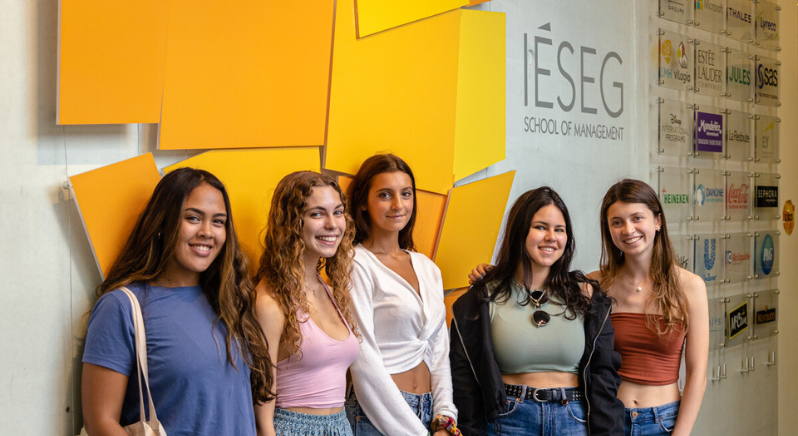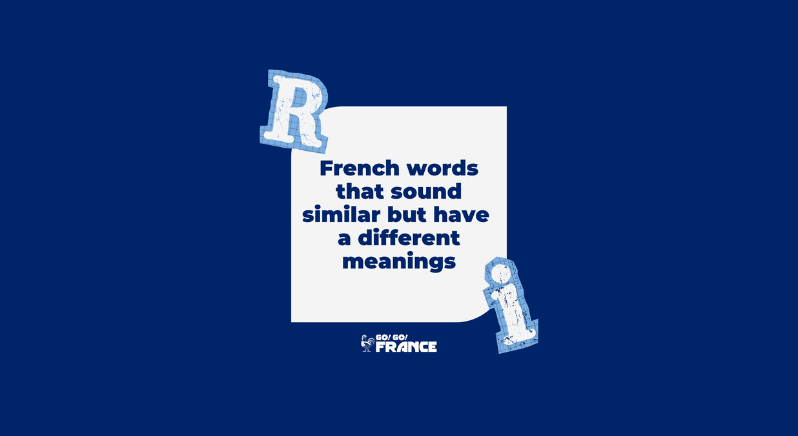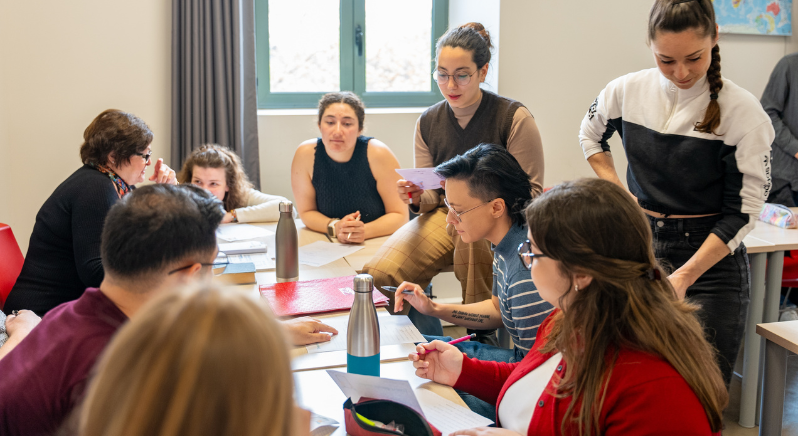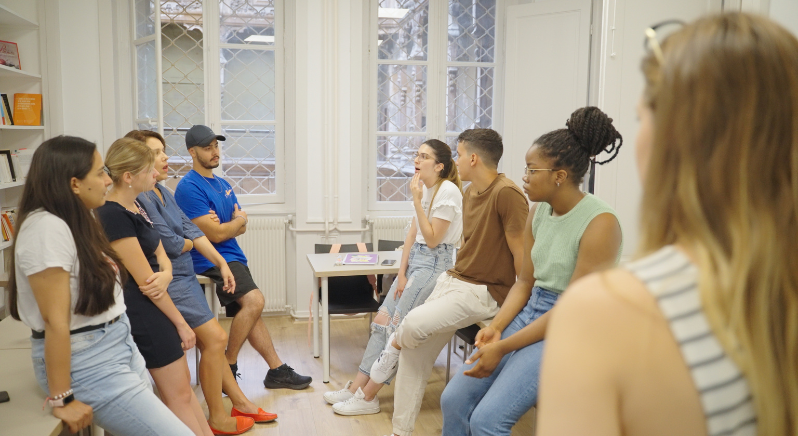New Year’s Eve in France, known as “le Réveillon de la Saint-Sylvestre” is a time for joyous celebration and reflection. While many traditions may seem familiar, the French add their own unique flair to the festivities.
This article aims to guide you through the customs, festivities, and practical tips to help you make the most of this unique day, whether you spend it in France or with French friends.
Festive feasts for New Year’s Eve dinner
Food plays a central role in French New Year’s Eve celebrations. Families and friends gather for elaborate feasts, often featuring luxurious ingredients like foie gras, oysters, and truffles.
A traditional New Year’s Eve meal might include:
- Apéritifs (appetizers): Starting with drinks and small bites, such as canapés and olives
- Entrée (starter): A starter, perhaps a delicate seafood dish
- Plat principal (main course): The main course, often featuring poultry, roasted meat, or game
- Fromage (cheese): A selection of cheeses served with bread
- Dessert (dessert): A decadent dessert
Of course, no French celebration would be complete without champagne! At the stroke of midnight, glasses are raised for a joyous toast to the new year.

Read more about mealtimes and dinner etiquette in France: https://gogofrance.com/en/blog/mealtimes-in-france/
Unique customs and traditions
Beyond the delicious food, several unique customs mark New Year’s Eve in France.
- Les étrennes: It’s customary to give small gifts of money to service workers like firefighters and mail carriers on New Year’s Day. The tradition is most commonly observed around the New Year’s holiday, especially in the first days of January.
- Greeting cards: The French often send New Year’s greeting cards to friends and family, expressing their best wishes for the year ahead. These cards, known as “cartes de vœux”, often feature beautiful illustrations and heartfelt messages. It’s a more personal way to connect with loved ones than a simple text message.
- Dancing and festivities: Many people attend parties or go out dancing to celebrate the new year.
Public celebrations and fireworks
In major cities like Paris, Lyon, and Marseille, the night sky lights up with spectacular fireworks displays. The Champs-Élysées in Paris becomes a focal point for celebrations, with thousands gathering to enjoy the show and the festive atmosphere.
But festivities also thrive in rural villages, where town halls often organize communal feasts, fostering a strong sense of community. These diverse celebrations offer a unique glimpse into French culture and camaraderie.
Bises and voeux
Another unique tradition of New Year’s Eve in France is that, at midnight, the French exchange “bises” (cheek kisses) with friends and family, offering “voeux” (best wishes) for the new year. This warm and friendly tradition is an important part of the celebration.
Here are some phrases you can use:
- Bonne année et meilleurs vœux! (Happy New Year and best wishes!)
- Je te souhaite une très bonne année! (I wish you a very happy new year!)
- Tous mes vœux de bonheur et de réussite. (All my wishes for happiness and success.)
- Santé, bonheur, et prospérité! (Health, happiness, and prosperity!)
You can also add a personal touch by mentioning something specific you wish for that person, such as success in their studies or travels.
Learn some vocabulary
While you’re in France to study and learn French, New Year’s celebrations offer a fun and engaging way to practice your language skills. Learn some common New Year’s greetings and wishes in French to share with those you meet.
Here are some vocabulary for you:














